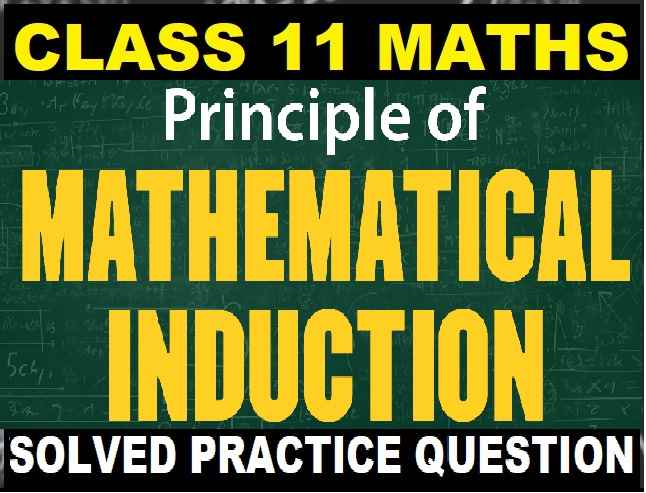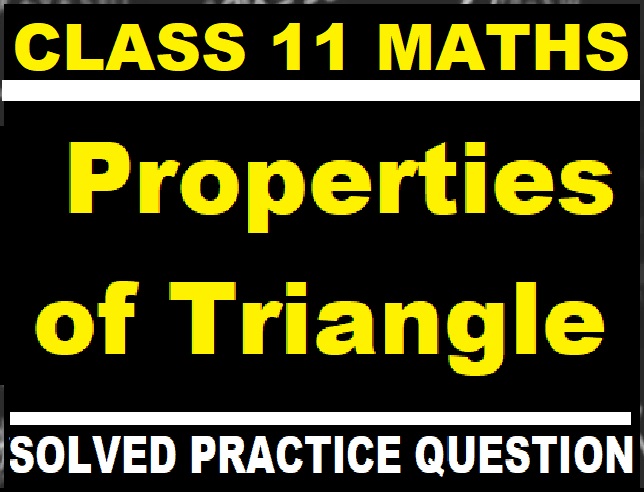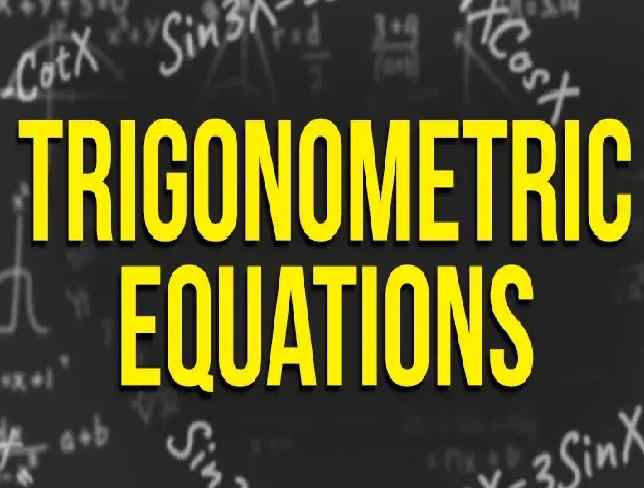ML Aggarwal Squares and Squares Roots MCQs Class 8 ICSE Ch-3 Maths Solutions. We Provide Step by Step Answer of MCQs Questions for Squares and Squares Roots as council prescribe guideline for upcoming board exam. Visit official Website CISCE for detail information about ICSE Board Class-8.
ML Aggarwal Squares and Squares Roots MCQs Class 8 ICSE Maths Solutions
| Board | ICSE |
| Publications | Avichal Publishig Company (APC) |
| Subject | Maths |
| Class | 8th |
| Chapter-3 | Squares and Squares Roots |
| Writer | ML Aggarwal |
| Book Name | Understanding |
| Topics | Solution of MCQs |
| Edition | 2023-2024 |
Squares and Squares Roots MCQs
ML Aggarwal Class 8 ICSE Maths Solutions
Page-63
Question 1. Fill in the blanks:
(i) A number ending in ……… is never a perfect square.
(ii) If a number has digits ……… in the unit’s place, then its square ends in 1.
(iii) Sum of the first 10 odd natural numbers is ………
(iv) Number of zeros in the end of the square of 400 is ………
(v) Square of any ……… number can be expressed as the sum of two consecutive natural numbers.
(vi)For a natural number m > 1, (2m, m2 – 1, m2 + 1) is called ………
(vii)For a natural number m > 1, (2m, m2 – 1, m2 + 1) is called ………
Answer:
(i) A number ending in 2, 3, 7 or 8 is never a perfect square.
(ii) If a number has digits 1 or 9 in the unit’s place, then its square ends in 1.
(iii) Sum of the first 10 odd natural numbers is 100.
(iv) Number of zeros in the end of the square of 400 is 22
(v) Square of any four number can be expressed as the sum of two consecutive natural numbers.
(vi)For a natural number m > 1, (2m, m2 – 1, m2 + 1) is called odd
(vii)For a natural number m > 1, (2m, m2 – 1, m2 + 1) is called Pythagorean triplet.
Question 2. State whether the following statements are true (T) or false (F):
(i) All-natural numbers are not perfect squares.
(ii) A perfect square can never be expressed as the product of pairs of equal prime factors.
(iii) A number having 2,3,7 or 8 at its unit place is never a square number.
(iv) A number having 0, 1, 4, 5, 6 or 9 at its unit place is always a square number.
(v) A number ending in an even number of zeros is always a perfect square.
(vi) Square of an odd number is always an odd number.
(vii)There are 2n non-square numbers between the squares of consecutive numbers n and (n + 1).
(viii) (4, 6, 8) is a Pythagorean triplet.
Answer:
(i) All-natural numbers are not perfect squares. True
(ii) A perfect square can never be expressed as the product of pairs of equal prime factors. False
(iii) A number having 2,3,7 or 8 at its unit place is never a square number. True
(iv) A number having 0, 1, 4, 5, 6 or 9 at its unit place is always a square number. False
(v) A number ending in an even number of zeros is always a perfect square. False
(vi) Square of an odd number is always an odd number. True
(vii)There are 2n non-square numbers between the squares of consecutive numbers n and (n + 1).n True
(viii) (4, 6, 8) is a Pythagorean triplet. False
Squares and Squares Roots MCQs
ML Aggarwal Class 8 ICSE Maths Solutions
Page-64
Question 3. How many natural numbers lie between 252 and 262?
(a) 49
(b) 50
(c) 51
(d) 52
Answer: (b) 50
Question 4. Square of an even number is always
(a) even
(b) odd
(c) even or odd
(d) none of these
Answer: (a) even
Question 5. 1+ 3 + 5 + 7 + ……….. up to n terms is equal to
(a) n2 – 1
(b) (n + 1)2
(c) n2 + 1
(d) n2
Answer: (c) n2 + 1
Question 6. ![]() is equal to
is equal to
(a) 18
(b) 16
(c) 14
(d) 22
Answer:

Question 7. √0.0016 is equal to
(a) 0.04
(b) 0.004
(c) 0.4
(d) none of these
Answer: (a) 0.04
Question 8. The smallest number by which 75 should be divided to make it a perfect square is
(a) 1
(b) 2
(c) 3
(d) 4
Answer:
75 = 3 x 5 x 5
Factor 3 is unpaired
Question 9.

Answer:

Question 10. The smallest number by which 162 should be multiplied to make it a perfect square is
(a) 4
(b) 3
(c) 2
(d) 1
Answer:

Question 11. If the area of a square field is 961 unit2, then the length of its side is
(a) 29 units
(b) 41 units
(c) 31 untis
(d) 39 units
Answer: (c) 31 untis
Question 12. The smallest number that should be subtracted from 300 to make it a perfect square is
(a) 11
(b) 12
(c) 13
(d) 14
Answer: (a) 11
Question 13. If one number of the Pythagorean triplet is 6, then the triplet is
(a) (4, 5, 6)
(b) (5, 6, 7)
(c) (6, 7, 8)
(d) (6, 8, 10)
Answer: (d) (6, 8, 10)
Question 15. Given that √1521 = 39, the value of √0.1521+√15.21 is
(a) 42.9
(b) 4.29
(c) 3.51
(d) 35.1
Answer: (b) 4.29
— : End of ML Aggarwal Squares and Squares Roots MCQs Class 8 ICSE Maths Solutions :–
Return to – ML Aggarwal Maths Solutions for ICSE Class -8
Thanks
Please Share with Your Friends


